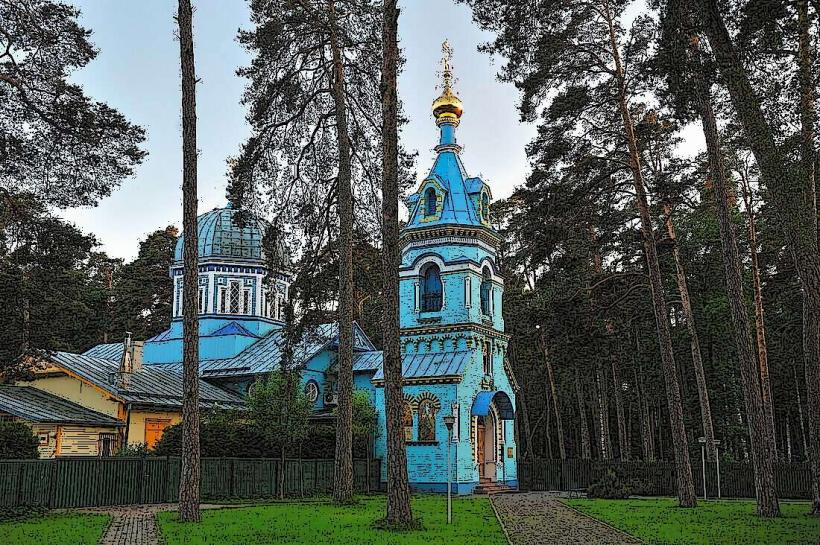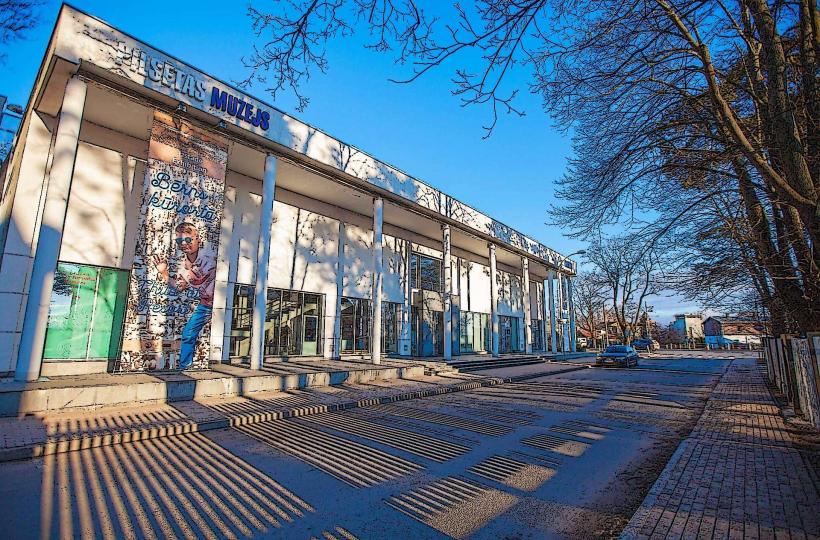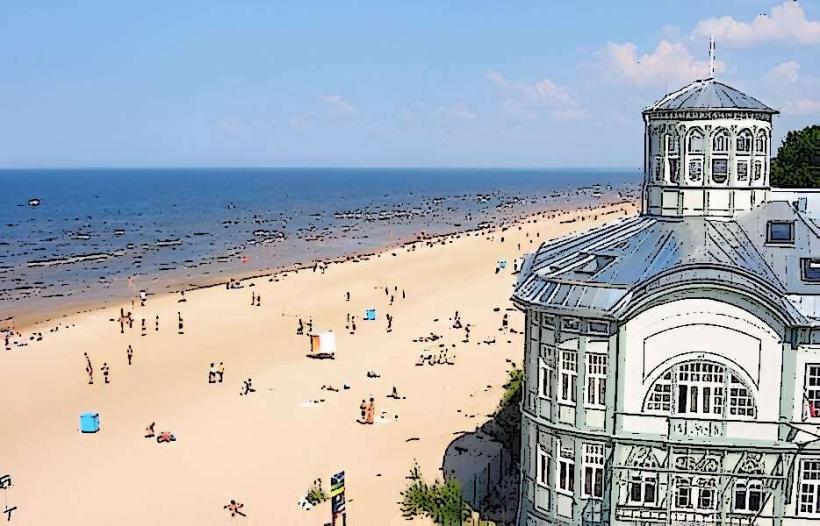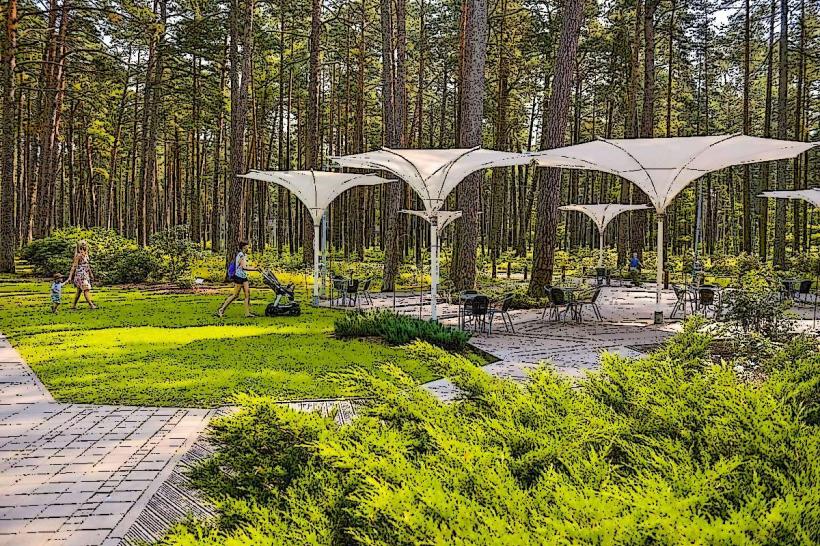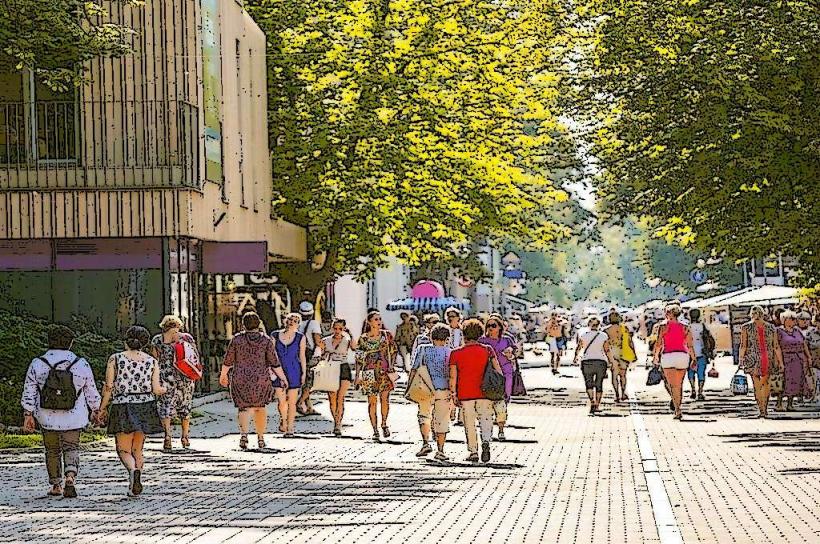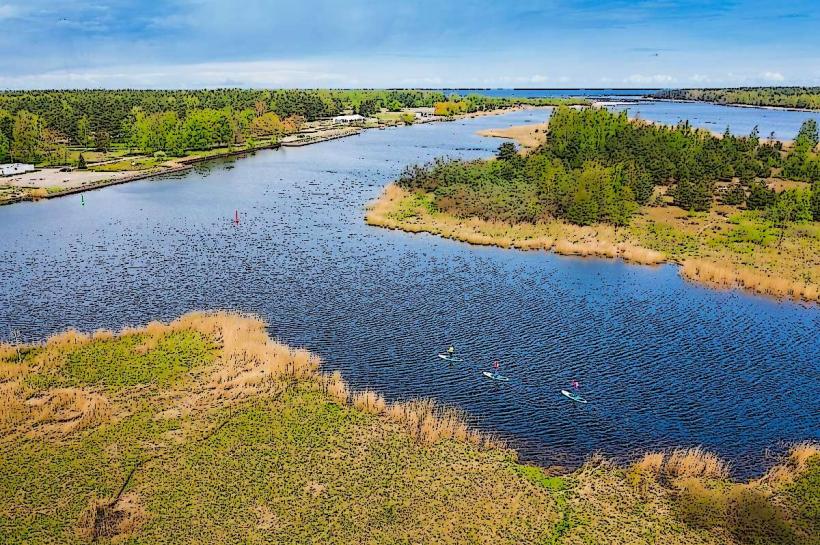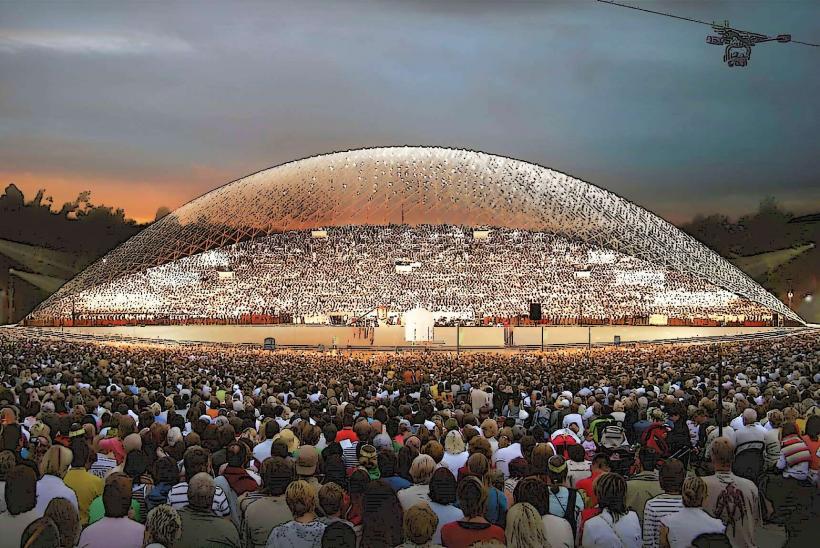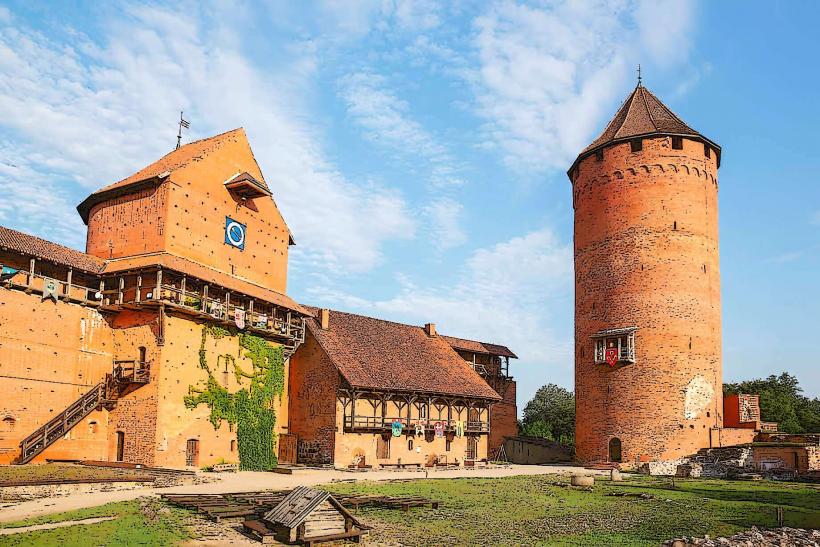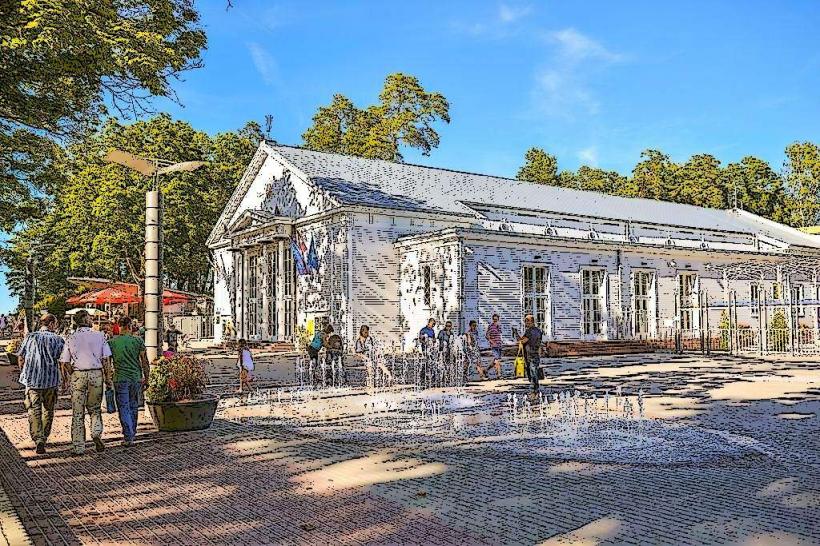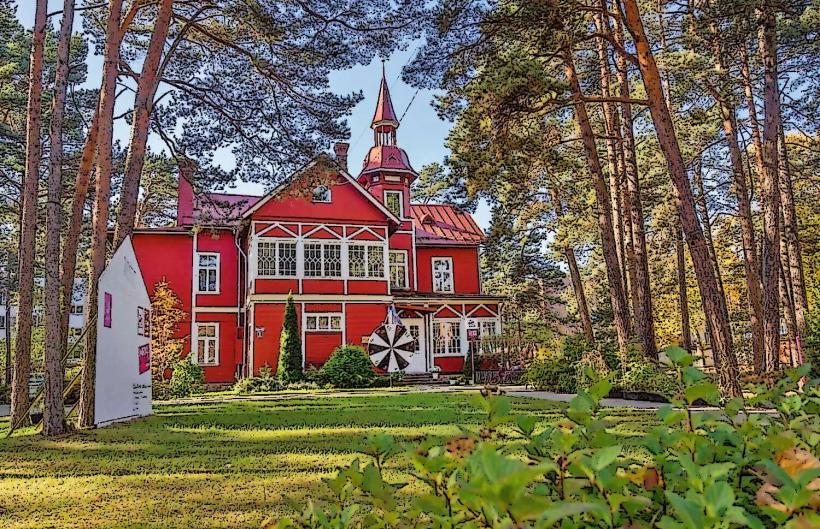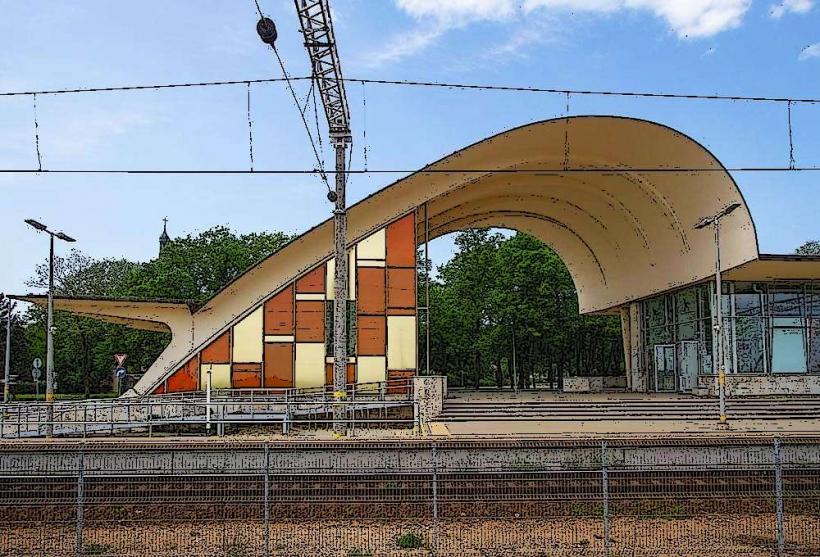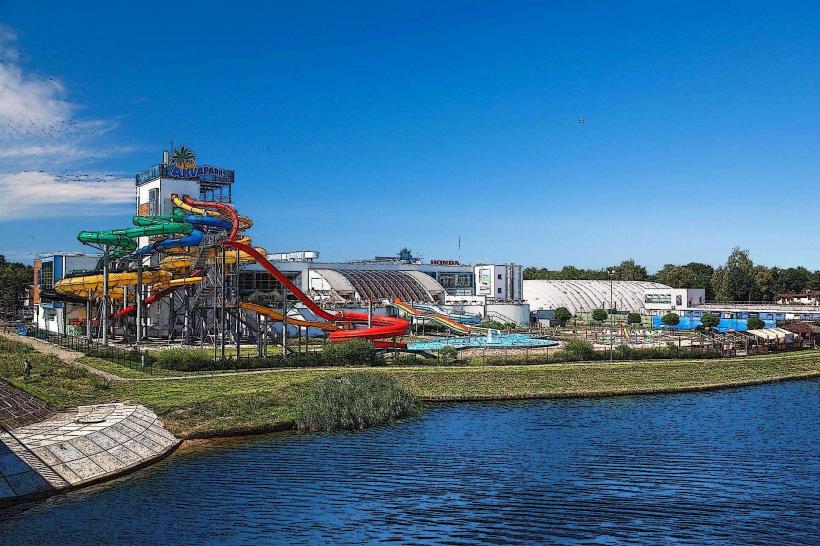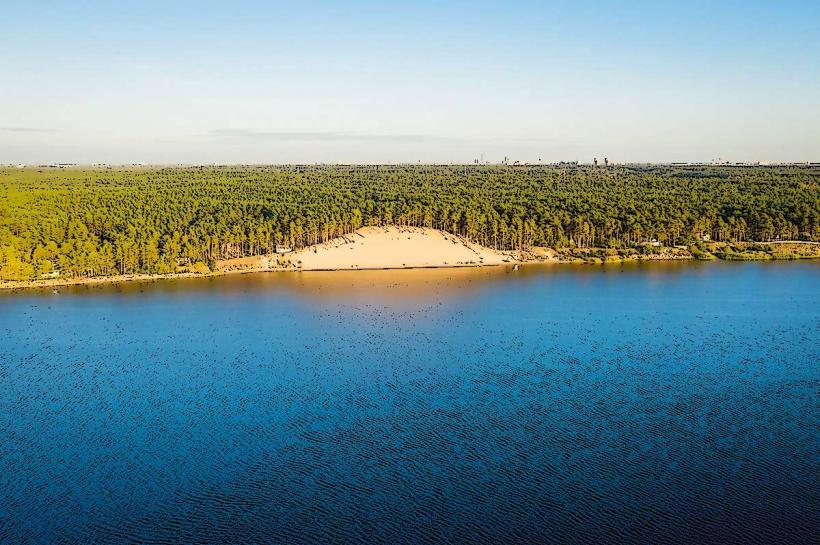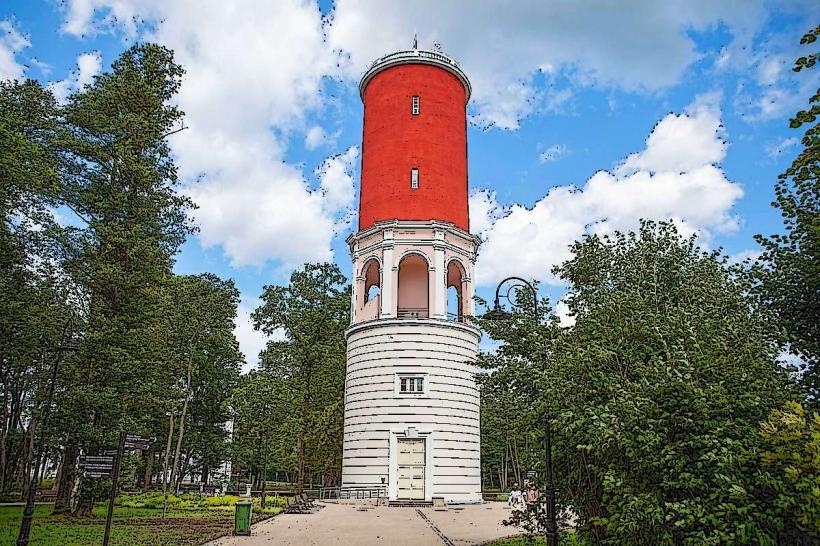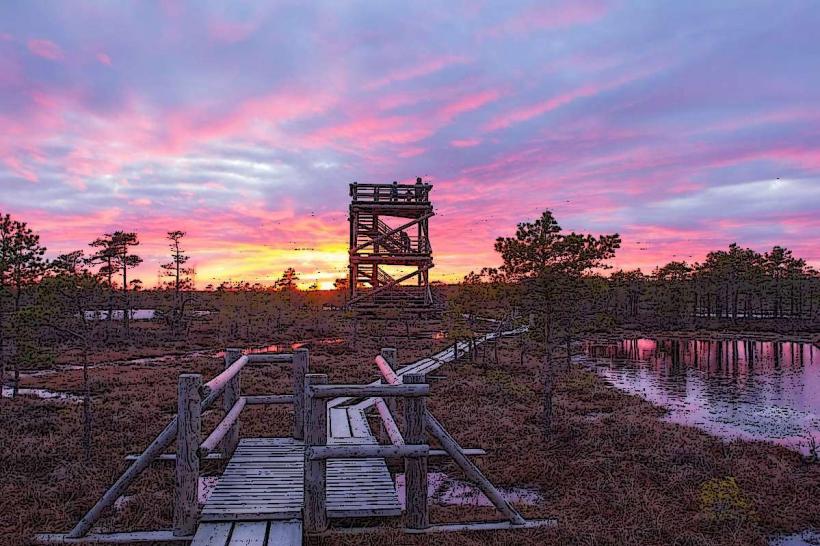Information
City: JurmalaCountry: Latvia
Continent: Europe
Jurmala, Latvia, Europe
Jūrmala serves as the premier resort city of Latvia and the largest seaside resort in the Baltic states. It functions as a national center for wellness, high-end residential living, and international tourism, characterized by its 33-kilometer stretch of white quartz sand, aromatic pine forests, and over 4,000 historic wooden architectural landmarks.
Historical Timeline
The city's development as a resort began in the late 18th century. The primary event shaping its status was the 1877 opening of the Riga–Tukums railway, which transformed a series of fishing villages into a fashionable destination for the Russian and Baltic-German elite. During the Soviet era, it became a flagship "all-union" health resort, hosting elite sanatoriums and high-profile music festivals.
Demographics & Population
The population is approximately 51,000 (2026 estimate). The demographic is affluent and significantly bilingual (Latvian and Russian). During the summer season, the population increases exponentially with domestic and international tourists.
Urban Layout & Key Districts
Jūrmala is a linear city situated between the Gulf of Riga and the Lielupe River.
Majori: The commercial and social heart of the city, featuring the primary pedestrian street, Jomas iela.
Dzintari: An upscale district famous for its historic villas and the iconic Dzintari Concert Hall.
Buldiri: Known for its garden-city layout and high concentration of renovated wooden architecture.
Ķemeri: A western district located within a National Park, famous for its historic sulfur springs and mud baths.
Lielupe: An exclusive residential area near the river mouth and the "Ragakāpa" nature park.
Top City Landmarks
Jomas iela: The central pedestrian artery lined with restaurants, shops, and terraces.
Dzintari Concert Hall: A historic 1930s wooden structure and its modern annex, hosting world-class music events.
The Giant Turtle (Brunurupucis): A bronze sculpture on Majori Beach, a popular meeting point and city symbol.
Ķemeri National Park: Featuring the Great Ķemeri Bog Boardwalk and the restored 1930s "White Ship" hotel.
Jūrmala Museum: Detailing the history of the resort and featuring a large collection of swimwear from different eras.
Aspazija's House: The last residence of the famous Latvian poetess, a masterpiece of local wooden architecture.
Transportation Network
Movement is managed by the Pasažieru vilciens (Vivi) railway, which is the most efficient link to Riga (approx. 30–40 minutes). Jūrmala is uniquely served by 14 separate railway stations. Air travel is serviced by Riga International Airport (RIX), located 15 km east. The city is highly bikeable with extensive forest paths. Access by car requires a seasonal entry fee (2 €) collected via electronic portals at city limits.
Safety & "Red Zones"
The safety level is high. There are no "no-go zones." Standard urban awareness is sufficient. Environmental safety is the main priority; swimmers must follow the beach flag system as the Gulf of Riga can have sudden offshore winds and cold currents despite shallow waters.
Digital & Financial Infrastructure
Average internet speed is 500–1000 Mbps. The city is entirely cashless. Cards and mobile payments are universal in all hotels, spas, and beach bars. Parking and entry fees are primarily managed via the EuroPark or Mobilly apps.
Climate & Air Quality
Temperatures range from -4°C in winter to 21°C in summer. The microclimate is characterized by high air ionization and the scent of pine phytoncides. Air quality is among the best in the region.
Culture & Social Norms
Tipping is expected at 10% in sit-down restaurants. The culture is defined by "Kūrorta dzīve" (Resort Life)-a slower, leisure-oriented pace. Residents value privacy and the preservation of historic timber heritage.
Accommodation Zones
Stay in Majori or Dzintari for proximity to the beach, concerts, and dining.
Stay in Bulduri for a quieter, residential garden-city atmosphere.
Stay in Jaunķemeri for health-focused sanatoriums and nature access.
Local Cost Index
1 Espresso: 3.00 – 4.50 €
1 Standard Lunch: 12.00 – 18.00 €
1 Pint of Local Beer: 6.50 – 9.00 €
1 Train Ticket (Riga–Majori): 1.50 – 2.00 €
Nearby Day Trips
Ragakāpa Nature Park: Featuring some of the highest dunes in Latvia and an open-air fishing museum.
Engure Lake Nature Park: 40 km west; known for wild horses, Highland cattle, and rare orchids.
Riga: 25 km east; the Baltic's largest metropolis.
Facts & Legends
Local legend says the sulfur springs of Ķemeri were created by a subterranean dragon. A verified historical fact is that Jūrmala’s beach was the first in the Russian Empire to introduce "segregated bathing" based on hours of the day rather than gender-specific areas, a radical innovation in the 19th century.

